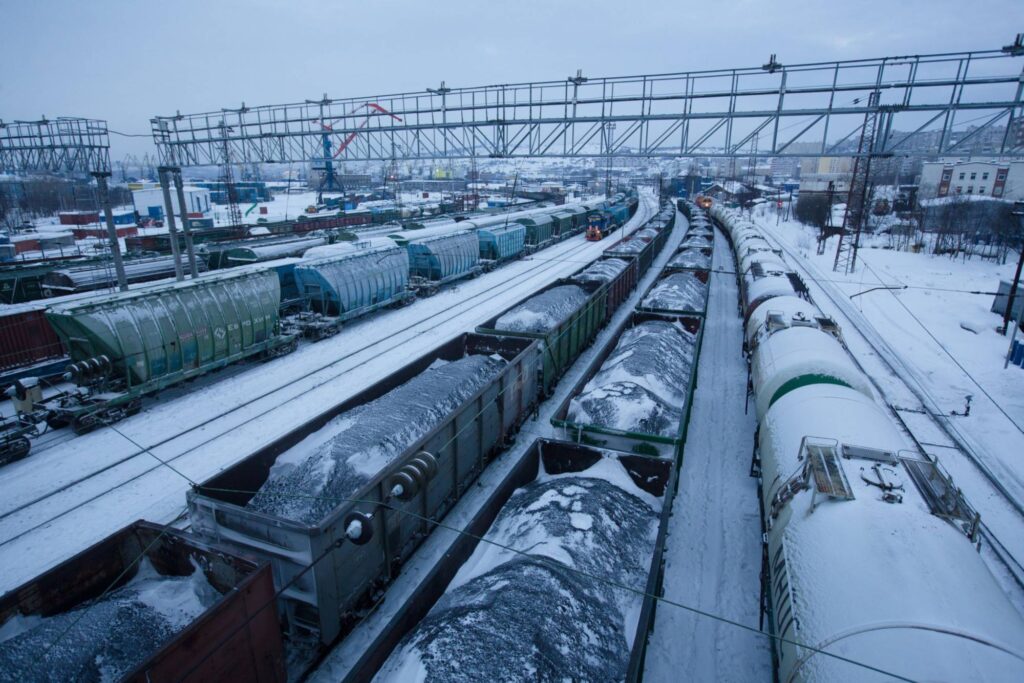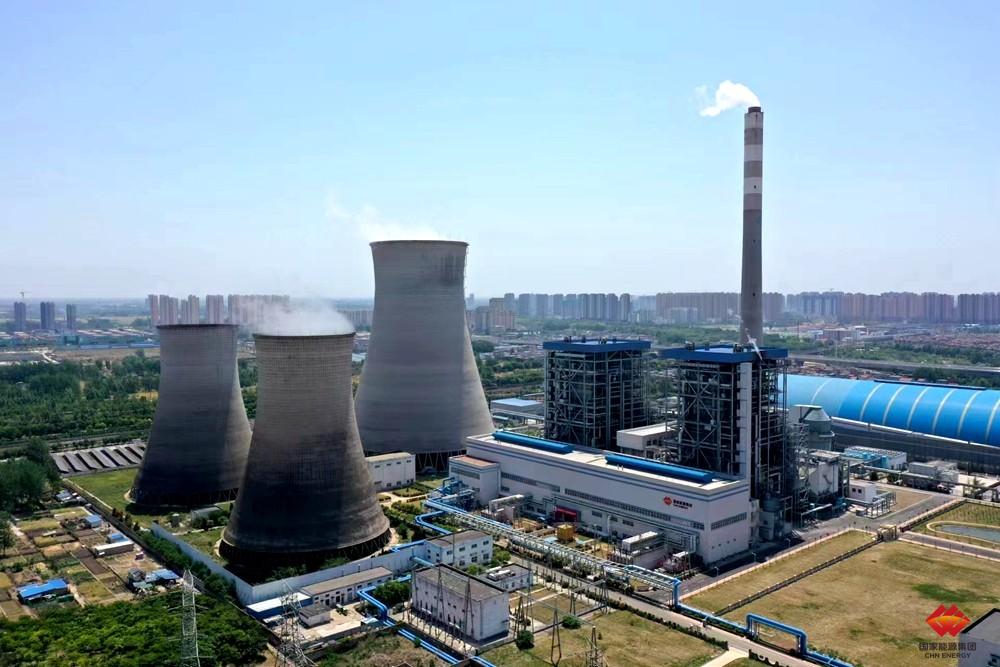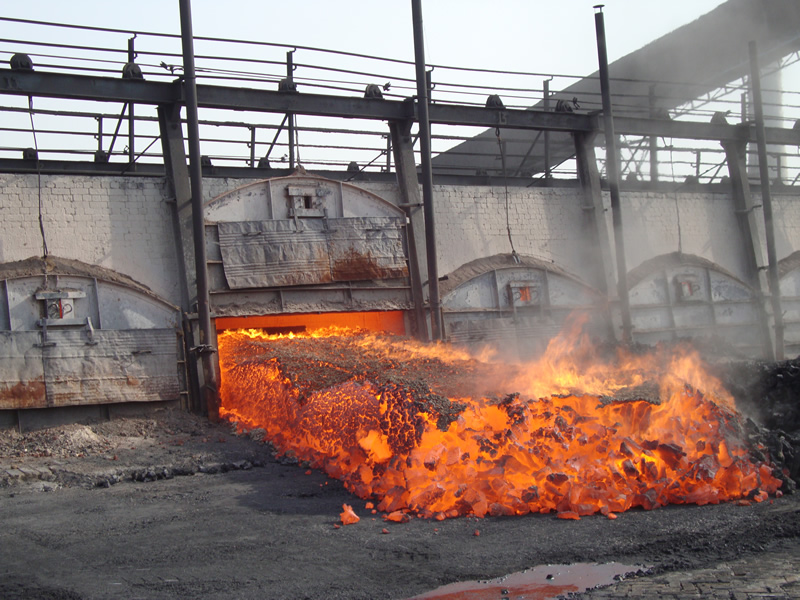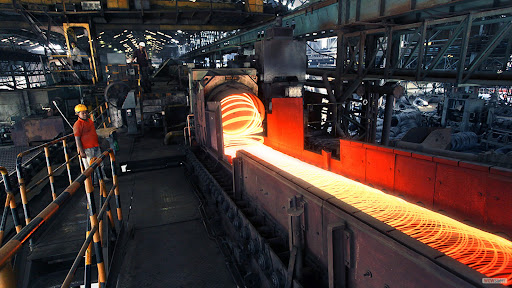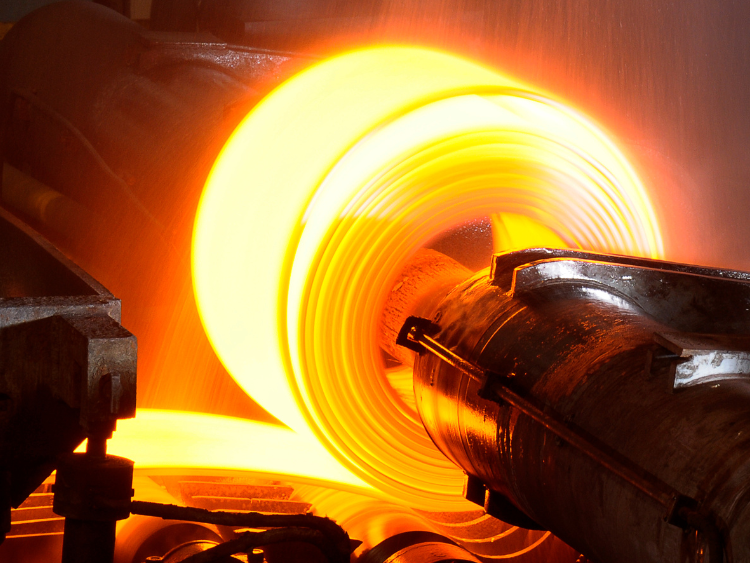China’s imports of coking coal from Australia have been steadily increasing since Beijing lifted its ban on Australian coal in January 2023. However, given China’s slowing steel production and the resilience of Australian coal prices, growth in the trade over the longer term seems unsustainable, according to Mysteel’s latest report on the commodity.
During this year’s first two months, China imported 1.56 million tonnes (mnt ) of Australian coking coal, equivalent to more than half of the 2.78 mnt that China bought from that country for all of 2023, data from China’s General Administration of Customs (GACC) show.
Meanwhile, Australia’s share of China’s total coking coal imports during January-February reached 8.7%, up by 6 percentage points from its full-year 2023 share of 2.7%, according to the GACC data.
The simultaneous growth in both the quantity and proportion of Australian coking coal supplies in China’s market seems to suggest that Australian coal shippers are poised to regain their position as China’s largest coking coal providers, the report observes.
However, the steep rise in Australian coking coal imports at the beginning of this year was just the combined result of sudden constraints in domestic supplies in China and the periodic softening of Australian coking coal prices, Mysteel argues in the report.
In late 2023, local authorities in North China’s Shanxi province, the largest coal-producing hub in China, began strict monitoring of operations at coking coal mines to curb overproduction, which subsequently led to a marked contraction of domestic coking coal output. For instance, daily met coal production from the 523 mines Mysteel regularly tracks nationwide averaged only 727,500 tonnes/day during 28 March -3 April, down by a significant 17% from the same period last year.
The tightness of domestic coking coal supplies had prompted Chinese users to seek overseas substitutes, a search which coincided with prices of Australia-origin coking coal tracking downwards since mid-January this year, the report noted. This in turn spurred Chinese buyers to raise their imports from the country.
Nonetheless, the attraction of Australian coking coal for Chinese buyers is bound to fade in the medium-to-long term, the report predicts, as Australian metallurgical coal prices have the potential to strengthen going forward, fuelled by resilient demand for it from other countries.
For example, India’s efforts over recent years to ramp up steel production has seen that country become the largest importer of Australian coking coal. During 2023 India accounted for a huge 27.7% of Australia’s met coal shipments globally, in stark contrast to China’s share of 3.3% last year, data from Australia’s Department of Industry, Science and Resources show.
This means that China’s demand will have less influence on Australian coking coal prices and instead, robust demand for the steelmaking material from other importers-mainly led by India-will drive the pricing of Australian met coal. In the eyes of Chinese buyers, Australian imports will lose their cost effectiveness, especially when Chinese steelmakers, coke producers and traders have access to cheaper sources of coking coal such as from Mongolia and Russia, the report suggests.
Meanwhile, steel demand from China’s end-users in this year’s opening months has fallen short of expectations, with the cause being deeply rooted in the country’s ailing property sector. The resultant slowdown in Chinese steel production, together with the central government’s recent announcement that controls on domestic crude steel output are being reintroduced this year, indicates that China’s coking coal supplies will remain ample over the longer term. Indeed, they represent another counter to growth in China’s imports of Australian coking coal, the report points out.
Source: Mysteel

